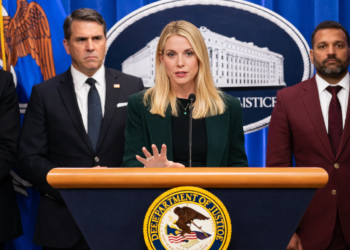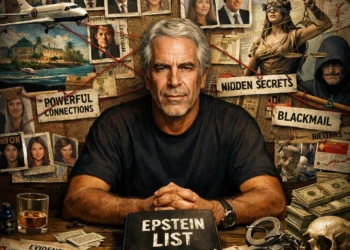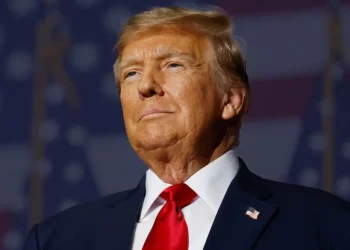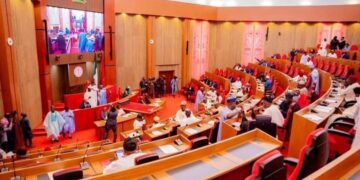The ongoing legal battle between Nigeria and Zhongshan Fucheng Industrial Investment Co. Ltd., a Chinese firm, has taken another turn. The Nigerian Presidency recently announced plans to appeal a British Virgin Islands (BVI) High Court ruling that allows Zhongshan to seize $25 million worth of Nigeria’s foreign assets.
Background on the Dispute
The controversy dates back to a failed arbitration award against Nigeria, which initially drew public criticism when a French court sanctioned the seizure of three Nigerian presidential jets. Among these was the newly purchased Airbus A330 by President Bola Tinubu. Additionally, Zhongshan confiscated two Nigerian-owned residential properties in Liverpool, UK, with plans to auction them on eBay as part of the $70 million arbitration award, now inflated to $81 million due to accrued interest.
While the aircraft were eventually released following legal and diplomatic efforts by Nigeria’s Attorney General and National Security Adviser, the dispute has continued in court.

The Court’s Perspective
The BVI High Court based its decision on the bilateral investment treaty between Nigeria and China. According to the court, the treaty obliges both nations to enforce arbitral awards, effectively granting Zhongshan the right to pursue the debt through UK-based Nigerian assets.
Failed Settlement Talks
The Nigerian government and Ogun State officials, including Governor Dapo Abiodun and Attorney General Lateef Fagbemi, have made multiple attempts to resolve the issue through negotiations.
The most notable talks took place in September 2023 in London, lasting three days. Although Zhongshan initially seemed open to a settlement, it later insisted on full payment of the arbitration debt, causing the mediation to collapse.
According to a statement by Bayo Onanuga, Special Adviser on Information and Strategy to President Tinubu, Ogun State has not given up on reaching an amicable settlement. The state recently sent another proposal to Zhongshan but only received a response after the Chinese firm secured the latest court order.
Nigeria’s Response
Special Adviser to the President on Policy Communications, Daniel Bwala, framed the BVI ruling as a cautionary note. He emphasized that Nigeria still has the opportunity to appeal and address the legal challenges effectively.
“We will continue to examine all options and take necessary steps to address these legal challenges, ensuring Nigeria’s rights and assets are preserved,” Bwala stated.
Moving Forward
While the Nigerian government explores options to overturn the ruling, officials remain critical of Zhongshan’s actions. They argue that the Chinese firm’s aggressive enforcement measures, including obtaining ex-parte orders, undermine ongoing negotiation efforts.
For now, the legal tug-of-war continues, with Nigeria vowing to protect its assets and rights, even as the case raises broader questions about the implications of international treaties and arbitration enforcement.
Bottom Line
The dispute with Zhongshan highlights the complex intersection of diplomacy, international law, and economic consequences. As Nigeria fights to preserve its assets, the case serves as a critical lesson in managing bilateral agreements and safeguarding national interests.

















